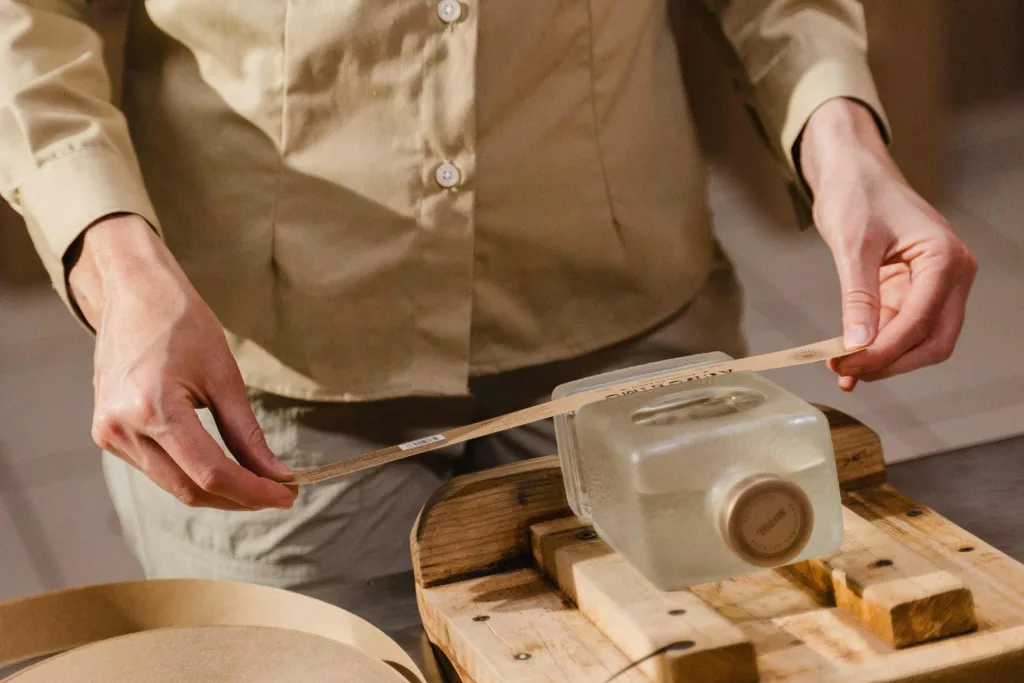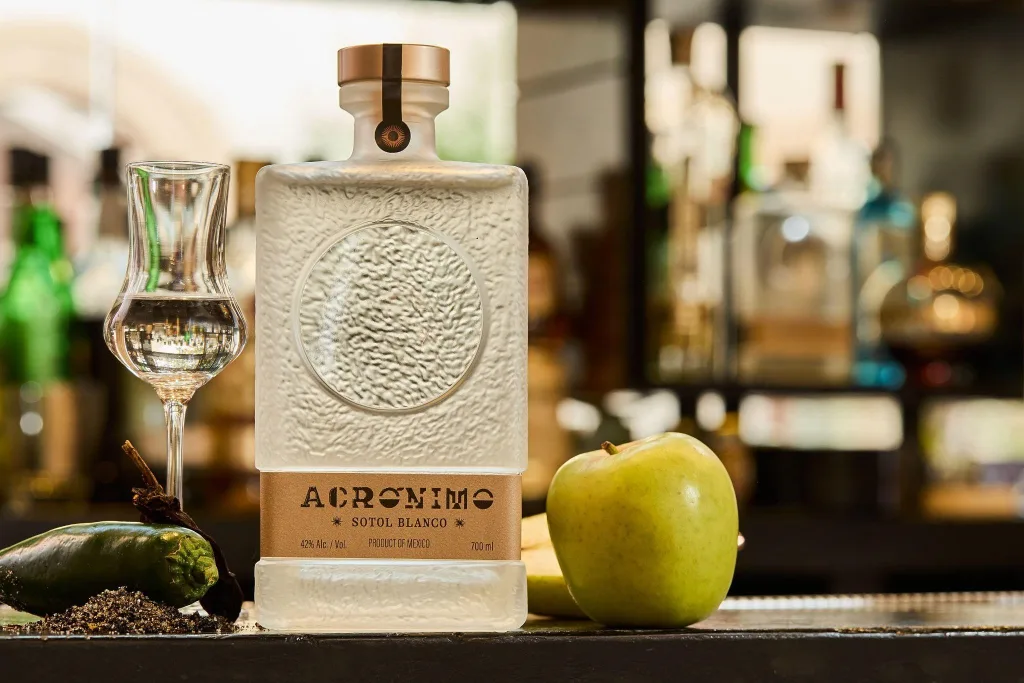Why Choose Sotol? 5 Reasons This New Spirit Brand is Gaining Popularity

The world of spirits is changing; among the most fascinating new arrivals on worldwide shelves is sotol, a distinctly Mexican liquor rapidly drawing the attention of bartenders, experts, and environmentally concerned consumers.
Although mezcal and tequila have always taken the stage, sotol is increasingly becoming more and more important for all the proper reasons.
Why choose sotol? And why should anyone searching for the next great spirit make it a must-try?
Let’s dissect five strong arguments for why sotol is gaining popularity as well as reasons it might soon be your next favorite beverage!
Table of Contents
1. Why choose Sotol? It gives a unique taste sensation
Sotol has an unparalleled taste sensation if you’re looking for a spirit that really shines. Made from the Dasylirion plant, sometimes called the desert spoon, sotol catches the tough, earthy spirit of Northern Mexico’s terrain.
Sotol offers a more harmonic and sophisticated range of flavors than tequila’s harsher agave punch or mezcal’s strong smoke. Often with traces of black pepper, citrus, or even eucalyptus, expect herbaceous, vegetal, and somewhat smoky overtones.
The region the variety is grown in and the method of distillation will affect its minor differences, so giving still more character to the tasting experience.
Sotol is gaining popularity among bartenders who wish to improve their cocktail menus with something fresh, bold, and anchored in cultural legacy because of its complexity.
2. Sotol Is Sustainable and Environmentally Friendly
When consumers are giving sustainability top priority, sotol’s environmentally friendly manufacturing is quite appealing.
Made from wild-harvested Dasylirion plants growing organically in desert regions without artificial irrigation, sotol is unlike agave, which is currently mass-farmed to meet tequila and mezcal demand.
Every plant takes up to 15 years to grow; hence, responsible distillers only gather mature plants to help to preserve the desert ecology.
To help regeneration and protect biodiversity, some sotol growers also replant following harvest.
This low-impact method fits very nicely with the values of today; hence, sotol is not just a drink but also a more ecologically friendly alternative for conscious consumers.
If you are still asking, why choose sotol? Don’t worry, we have more reasons for you!
3. Every Bottle Backs a Rich Cultural Heritage
Sotol is a return of a cultural inheritance, not only a fad. Using traditional underground ovens, fermenting techniques, and copper stills handed down through generations, indigenous people in Northern Mexico have been creating sotol for about 800 years.
Artisan distilleries recovering this lost legacy and distributing it to the globe call the areas of Chihuahua, Durango, and Coahuila—where sotol has Denomination of Origin status.
Selecting sotol helps you to preserve a rich cultural legacy in addition to supporting a great product.
Sotol is, in many respects, seeing a rebirth—a movement honoring regional pride, authenticity, and flavor-based narrative.
4. It's an Especially Versatile Cocktail
To answer the question, why choose sotol? It creates a world of options whether you’re creating drinks at home or looking at a fresh cocktail menu at a bar. Its complexity makes it a lively replacement in many recipes for tequila, gin, or mezcal.
For creative variations on classic drinks, bartenders adore sotol; consider Sotol Negronis, Desert Palomas, or herbaceous Margaritas. Sipped clean or presented on the rocks, it is as amazing.
Perfect with citrus, herbs, and bitter components, its mild smokiness and fresh botanical finish create a bartender’s dream basis.
In high-end mixology circles all around, sotol is rapidly becoming more and more versatile as more pros find out.

5. Sotol is Still Niche, and That’s a Benefit
Sotol is still a hidden treasure, which is one of the reasons it is gaining popularity. Although tequila and mezcal are already mainstays worldwide, sotol is still a well-kept secret among spirit drinkers that offers early adopters the opportunity to taste something different before it becomes widespread.
This will adequately answer the question in your mind: why choose sotol?
This uniqueness accentuates its attractiveness. You’re discovering something special, handcrafted, and under the radar, not only drinking a spirit. It won’t remain specialized for very long either, as more companies invest in exports and education.
Arriving early will let you be among the first to value the depth and narrative of this amazing beverage.
FAQs
- From what specifically is sotol produced?
Not agave, sotol comes from the Dasylirion plant—desert spoon. Northern Mexico’s wild-harvested it is distilled like mezcal.
- Compared to tequila, how does sotol taste?
Slightly smoky, sotol is more vegetal and earthy. Its taste is softer and more sophisticated than that of tequila’s sweet and spicy combination.
- Is sotol found outside of Mexico?
Indeed, sotol is being exported increasingly to the United States, Europe, and portions of Asia, albeit still regarded as niche.
- Is sotol environmentally friendly?
Indeed, most sotol is generated with wild-harvested plants, thereby having little effect on the surroundings. To further sustainability, several distillers also engage in reforestation.
- Could I have sotol in a cocktail?
Obviously! From basic Margaritas and Negronis to unusual, herbal combinations, sotol’s adaptability makes it fantastic in a range of cocktails.
In Conclusion
Why choose Sotol? Well, why not choose sotol! Sotol is a taste trip across Mexico’s wild north molded by culture, sustainability, and workmanship, not only another spirit.
From its earthy, sophisticated tastes to its environmentally beneficial beginnings and long history, sotol is obviously making room in the worldwide spirits scene.
Its appeal is not accidental; it is the result of smart, daring consumers seeking more than the typical.
Thus, keep sotol on your mind next time you are investigating something different. One sip will help you to precisely understand why it is gaining in popularity.
